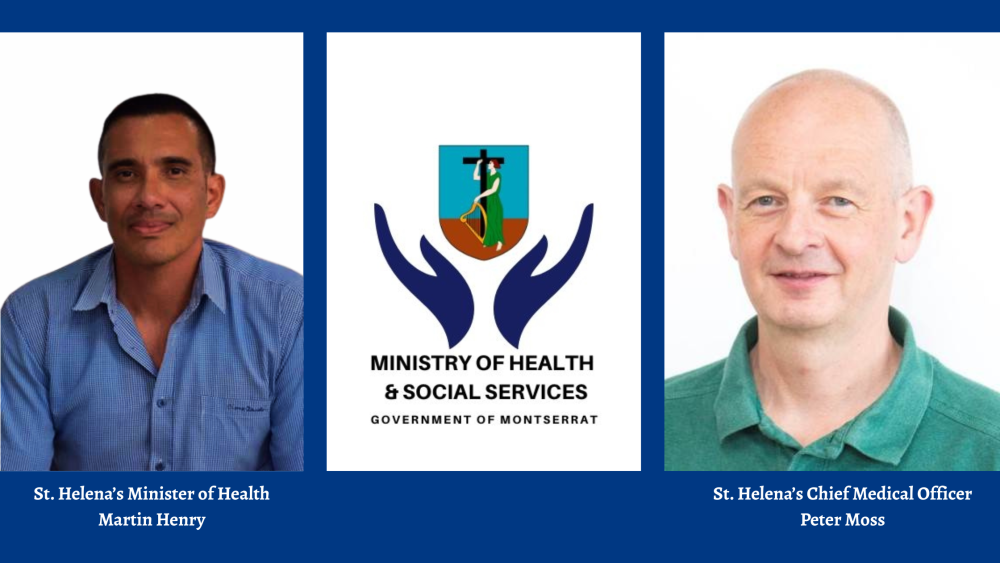By GERARD BEST
Guatemala and other countries of Latin America and the Caribbean must continue to develop a more proactive, all-inclusive response to cybercrime and cyber terrorism. That’s the opinion of an international expert panel at a recently concluded regional technology conference.

“Our response to cyber security threats must include broad-based and multi-stakeholder dialogue. The integration of various, diverse voices is foundational to the process of developing a comprehensive understanding of the dynamic threats that exist in our evolving cyber security landscape,” said Guillermo Cicileo, Coordinator of Security, Stability and Resilience at the Latin American and Caribbean Internet Address Registry (LACNIC), a non-governmental organisation established in Uruguay in 2002.
LACNIC’s stated mission is to lead the strengthening of a single, open, stable and secure Internet at the service of the development of Latin America and the Caribbean, promoting the collaborative Internet model.
Cicileo was among several cyber security experts gathered in Guatemala City for LACNIC On The Move, a regional technology conference taking place from March 20 to 22.
Anabella Rivera Godoy, Head of the Guatemala-based Central American Institute for Social Democracy Studies, called for egalitarian dialogue about cyber security that includes actors and representatives from every sector of Latin American and Caribbean society—governments, businesses, technical community, academic fraternity and community-based organisations.
“The development of cyber security legislation and regulation is very important but is not sufficient to change the behaviour of Internet users. For this reason, policy development must be accompanied by an aggressive agenda to educate the users of technology on their rights and responsibilities,” said Jose Luis Chavez, Operations Manager at SSASA, a Guatemala-based digital security firm.
LACNIC On The Move Guatemala was held with the support of the Internet Society (ISOC) and the Internet Corporation for Assigned Names and Numbers (ICANN), and attracted the participation of global Internet giant, Google.
“The process of hammering out consensus around cybersecurity policy involves ongoing discussion about the kind of Internet that we want and the the kind of Internet that we need. Ultimately, the purpose of regulation is to facilitate the development of an open and safe Internet that we can all enjoy,” added Maria Cristina Capelo, Public Policy Development Manger for Latin America and the Caribbean at Google.
The next LACNIC On The Move event is expected to take place in Guyana in July.
Discover more from Discover Montserrat
Subscribe to get the latest posts sent to your email.



